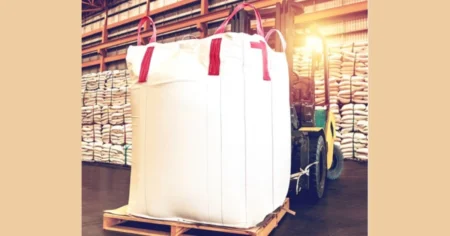Whether you own a small or large business, you will find that managing waste is an important part of your operation. There are different types of waste to consider, including dry mixed recycling, glass, hazardous waste, and controlled waste. All of these types of waste must be dealt with in a proper manner if you want to keep your business running smoothly.
Glass waste
Having a dedicated glass waste collection service in your business can be a great way to increase your recycling rate. It saves you time and effort. You can also lower your waste management costs.
Glass is a recyclable material that can be collected and recycled several times. Recycling can help the environment by reducing the amount of raw materials used to make new products. Recycling is also beneficial for the environment because it reduces the amount of waste that ends up in landfills.
Many cities have discontinued their glass collection programs due to high transportation costs and contamination rates. However, there are many options for glass collection. You can collect your glass waste at community drop-off points, in a multi-stream collection bin, or through private waste collection programs.
Dry mixed recycling waste
Choosing dry mixed recycling waste for business waste management is a great way to save money, protect the environment, and ensure you meet your recycling targets. This type of waste is recyclable and can be collected on a regular basis, allowing you to recycle all of your clean recyclable materials.
Dry mixed recycling is the most effective way to dispose of your waste. It is a cost-effective way to recycle and can reduce your waste by up to 45%.
The most common recyclable materials include cardboard, paper, and plastic bottles. These materials can be recycled into a variety of products, such as clothing, car parts, and textiles. Plastic bottles can be recycled into polyester fibers, which are used to make clothes and other products.
Controlled waste
Those who own, operate, or manage a business in the UK are subject to laws regulating controlled waste. This is because controlled waste can cause environmental damage, and the waste can be harmful to human health.
Wastes that are considered controlled waste include industrial, domestic, and commercial wastes. They can include toxic, corrosive, flammable, carcinogenic, and hazardous chemicals. It’s important to treat these wastes properly and dispose of them appropriately.
Controlled waste is regulated by the Environmental Management and Pollution Control (Waste Management) Regulations. These regulations set out the laws surrounding the transport, storage, and treatment of controlled waste.
A company that does not comply with the regulations could face a Fixed Penalty Notice. It’s important to hire a reputable waste management company to help you comply with the regulations.
Hazardous waste
Managing hazardous waste for businesses is a complicated process that requires professional assistance. It is important to have proper waste management practices in place to prevent dangerous substances from contaminating groundwater and surface water. Failure to manage hazardous waste properly can cause expensive clean-up expenses and safety violations.
Businesses that produce dangerous waste need to have a licensed hazardous waste hauler. There are several ways to find a hazardous waste hauler. The DTSC, or Department of Toxic Substances Control, is a federal agency that issues ID numbers to businesses and disposal facilities.
Businesses that generate more than 220 pounds of dangerous waste per month are classified as large-quantity generators. These businesses are required to hire a hazardous waste hauler and use a Community Hazardous Waste Collection Center.
Duty of care
Using the right procedures to manage your waste can have a positive impact on the environment. But, if you don’t do it right, you could be putting your company at risk.
In the UK, businesses have a legal duty to manage waste responsibly. Failure to do so could result in fines and prosecution. The waste management duty of care also extends to household waste.
The term “waste” is a broad term that covers everything from trash to recyclable materials. Various types of waste must be disposed of safely and legally.
The waste management duty of care is regulated by the Environment Agency (EA), Natural Resources Wales (NRW), and other local authorities. Businesses are responsible for managing waste from the production stage to its final disposal.




